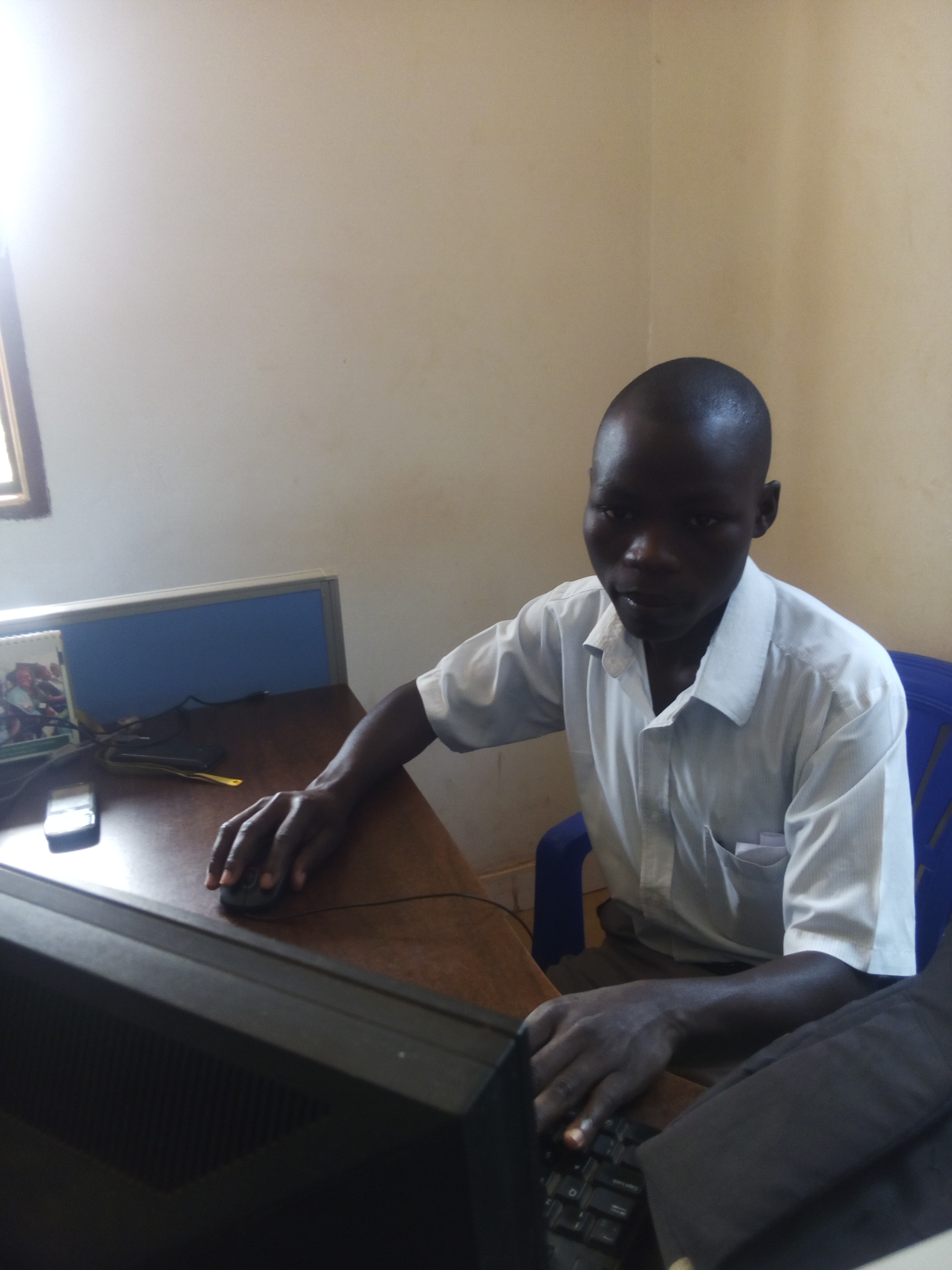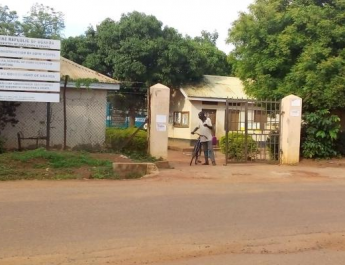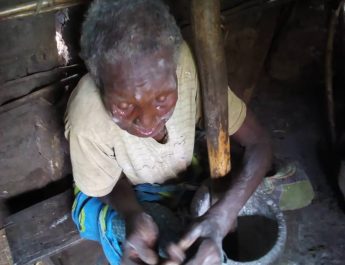Expectant mothers in Kasese District have been advised to test for Hepatitis B, a potentially life-threatening liver infection which is commonly transmitted from mother to child during birth and delivery.
The disease which attacks the liver, can cause chronic infection and puts people at high risk of death from cirrhosis and liver cancer. But despite its seriousness, mothers and health service providers pay little or no attention at all, to control the spread pf Hepatitis B.
Prisca Kakiiga Kabanyoro, a midwife at St Paul’s Health Centre IV says that in addition to screening for high blood pressure, HIV and Cervical Cancer, health facilities are now embarking on screening expectant mothers for Hepatitis B and prepare them for safe delivery.
Kabanyoro says that those who will test positive to the virus will be enrolled on medication while those that test negative are urged to undergo vaccination against the disease.
Kabanyoro also cites the need for all pregnant mothers to always go for antenatal services, in the company of their partners. She says once medical conditions are shared between partners the process of adherence is simplified.
However, she is concerned that a number of men have abandoned their roles in supporting their wives when they are pregnant, a leeway for treatable medical conditions to prevail in mothers.
Kasese district is currently carrying out Hepatitis B screening and vaccination in health centres IV and hospitals across the district.
Veronica Agisa, who got her screening at Kasese Municipal Health Centre says that she opted for screening following her first counselling during the antenatal visit. She is optimistic that her baby will equally be safe.
Dr Yusuf Baseka, the district Health officer says they have embarked on a campaign to vaccinate all infants at birth, children up to the age of 18 and adults at high risk. He says statistics drawn from this drive will guide the district on planning.
Uganda has undertaken massive hepatitis B screening programmes since 2015. During the time, more than four million people have been screened, and more than 30 per cent of the population of those infected with hepatitis B can access comprehensive treatment services, making Uganda the first country in Africa and surpasses the 2020 target of 20 per cent.

The News Editor ,Reporter at Kagadi Kibaale community Radio



